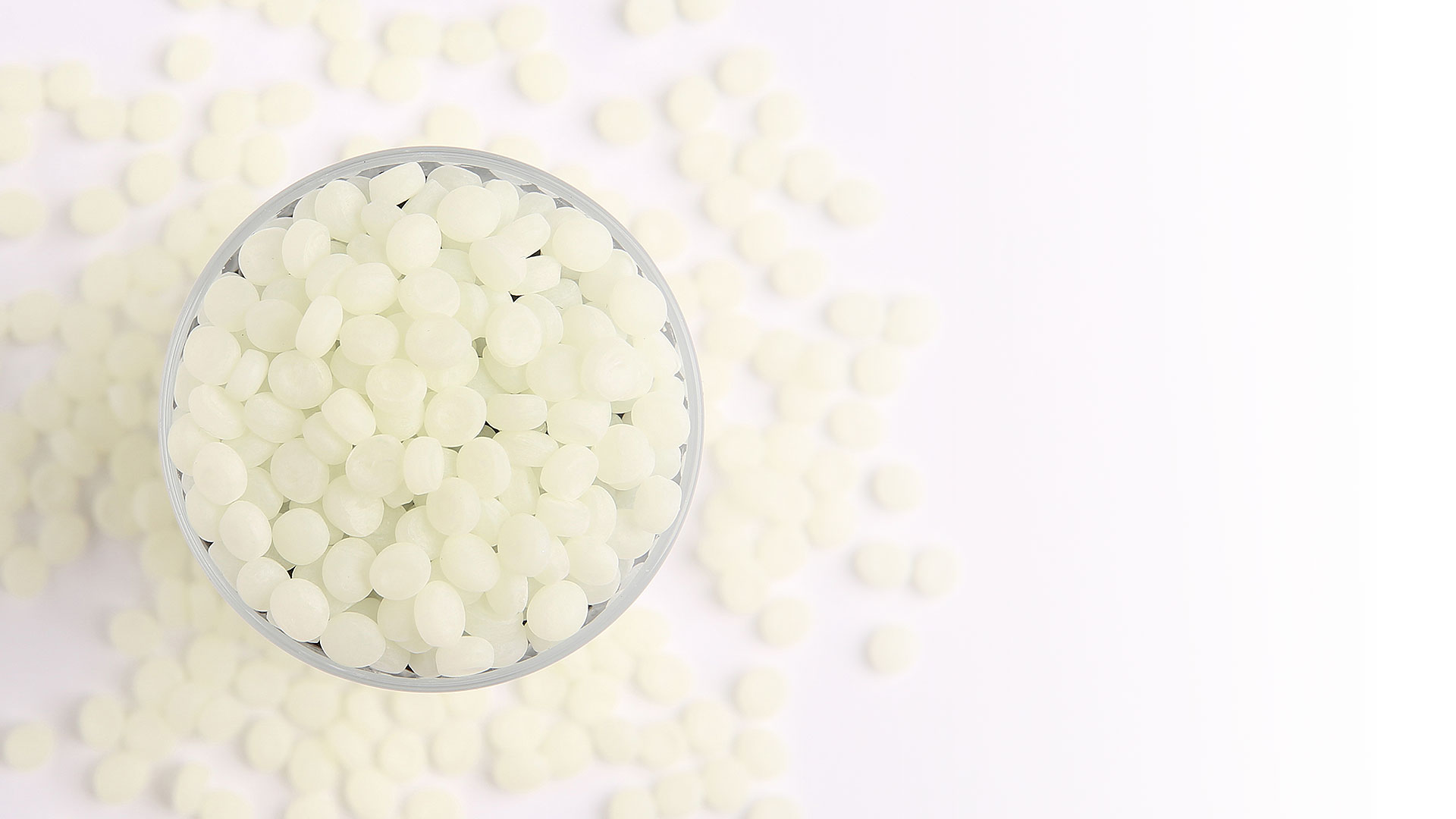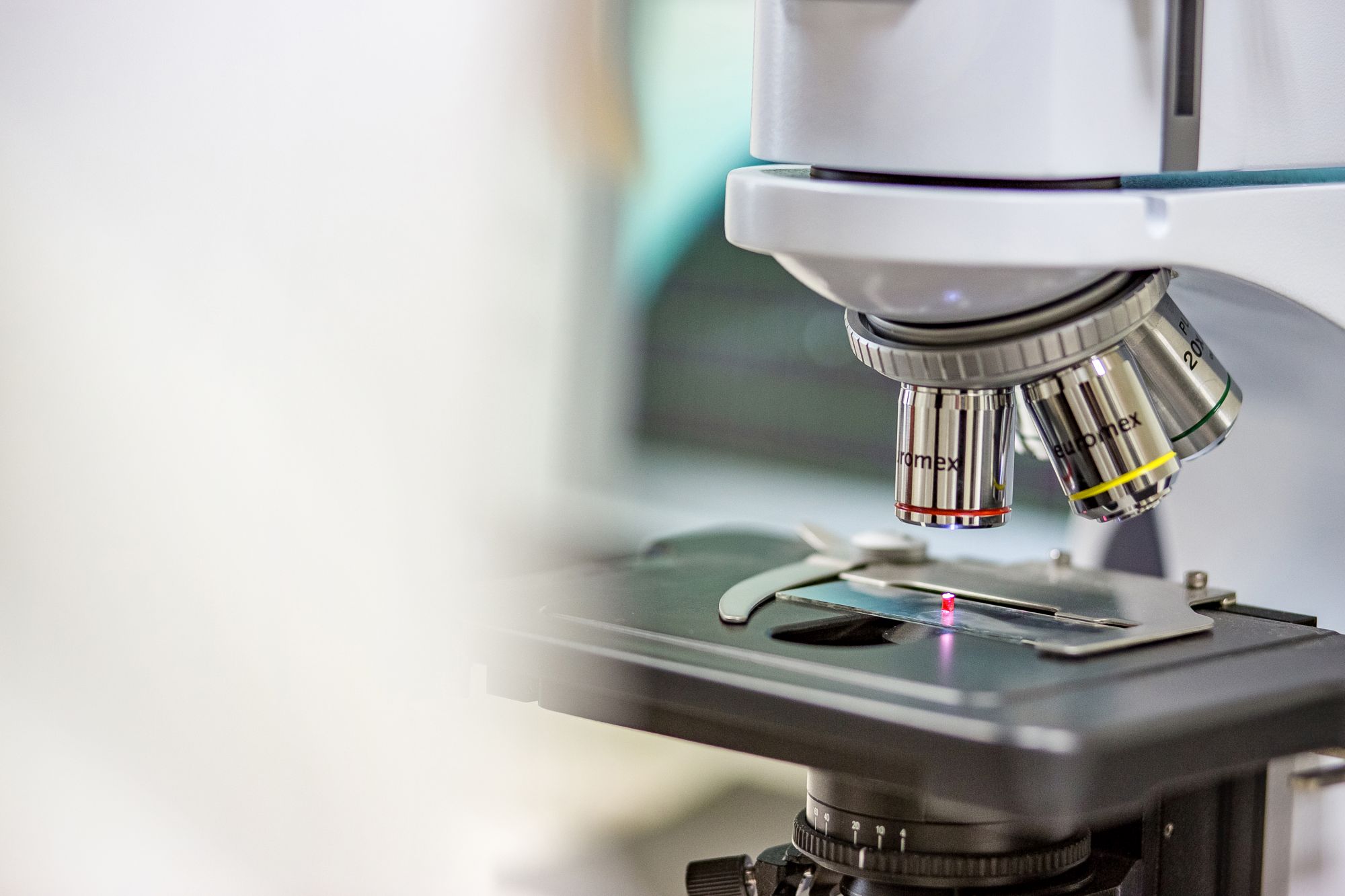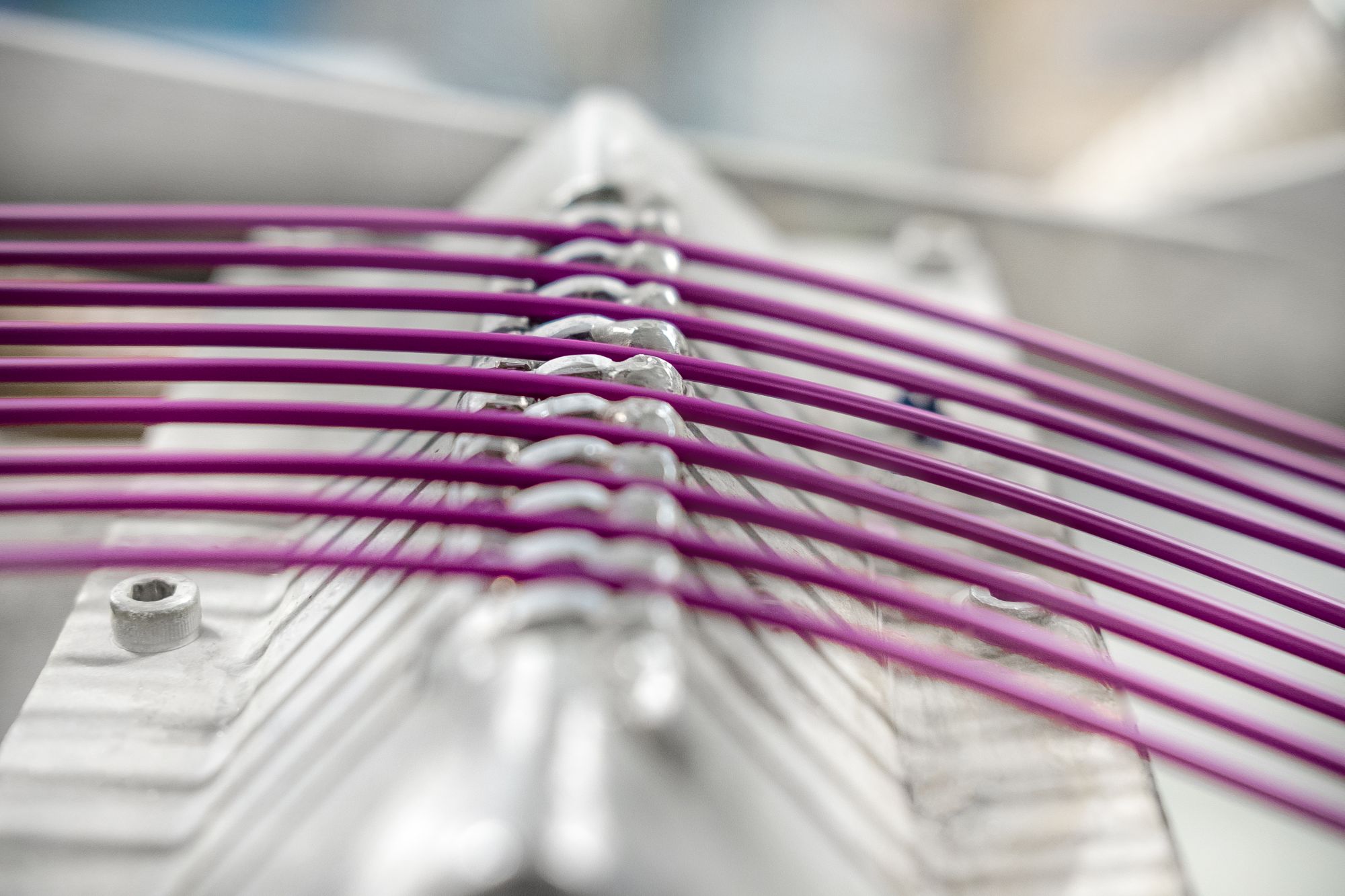BIO (ECO) COLIBRI AND BIO-PLASTICS
Vilkritis manufactures Colibri Compounds and Bio (Eco) Colibri: advanced products from natural materials. The ecological direction chosen by the company covers both environmental protection and responsible production, providing various options for the recycling of end-of-life products.
The company invests in research and innovation, and offers solutions that are environmentally friendly and help in reducing the amount of plastic in production, while maintaining a high quality for the final product.
Great importance is also placed on biodegradable plastics meeting the standards for the biodegradability and composting of plastic products (EU 1342 / EN standard), as well as to plastics from renewable raw materials (bio-based plastics).
The company not only produces and supplies raw materials but also offers laboratory services. The experts at the Innovation Centre carry out quick and professional research, create customised formulations for each customer, and give recommendations for the final product, thus promoting sustainable production and responsible consumption.
In addition to helping save resources (with the application of washing technologies, plastics can be recycled about ten times), the company also introduces the latest technologies and additives. This creates more value at a lower cost. For example, a twelve-micron plastic can be as strong as previously used plastic two hundred microns thick, while also being much more flexible, more resistant, and so on.
COLIBRI BIO 100%
A combination of grass- and wood-derived polylactic acid (PLA) and renewable sources is the best solution for those who want an especially high-quality, complete plastic substitute, i.e. without any petroleum products. Colibri Bio 100% is made using equal proportions of PLA and fillers made from local resources, such as buckwheat hulls or apple pomace. Fillers of different fractions are prepared according to the needs regarding the fineness and thinness of the final product.
The distinctiveness of Vilkritis is the creation of a new, unique formulation, the provision of some amount of test product, testing in an in-house laboratory within an especially short period of time, and the provision of recommendations according to the customer’s preferences for raw materials and the desired characteristics of the future product.

COLIBRI BIO
The company produces a full range of biologically produced thermoplastics, i.e. combinations of PE, PP, PA, PS, PET, PVC, PUR, PC, ABS, and biodegradable fillers. This is the best solution for those who look for a way to reduce the amount of plastic in the final product without impairing the properties of the product. Renewable resources specific to the Baltic region, such as grass or hay, are used for fillers, reducing pollution from transport. The company also maintains cooperations with local suppliers and research institutions.
The distinctiveness of Vilkritis is the creation of a new, unique formulation, the provision of some amount of test product, testing in an in-house laboratory within an especially short period of time, and the provision of recommendations according to the customer’s preferences for raw materials and the desired characteristics of the future product.

BIOPLASTICS
The company supplies biodegradable plastics that meet the standards for the biodegradability and composting of plastic products (EU 1342 / EN standard), as well as plastics from renewable raw materials (bio-based plastics, even if they are not biodegradable).
Biodegradability means the degradation of plastic (under either aerobic or anaerobic conditions) in carbon dioxide, water, mineral salts and biomass or by exposure to microorganisms such as bacteria, fungi and seaweed. According to standard ES 1342 / EN, 14995 US ASTM, D64000, a material is considered to be biodegradable if it degrades by at least 90% within 6 months (180 days).
Vilkritis can offer its customers all the types of bio-plastics listed in the table. After receiving a technical assignment from the customer and assessing the requirements of the individual project and the desired characteristics of the final product, the laboratory carries out tests and provides recommendations regarding the amount of colour concentrate, the temperature of the production process, and other parameters.

PLA
The family of bioplastics includes PLA, PHA, TPS, and PBS (four biodegradable acids). Especially promising is PLA, or polylactic acid, which is a biodegradable, organic material polymerised from plants such as potatoes or corn. Transparency and versatility are the biggest strengths of PLA. It is extremely thin, flexible, moisture resistant and can be used as a conventional plastic for rotary moulding, film blowing, blow moulding, extrusion (of sheets or profiles), injection, film moulding, foam sheets and films, thermoforming, and fibre strip production.

3D PRINTING MATERIALS
These are materials designed for 3D printers, either biodegradable or conventional, with colours chosen from RAL, Pantone or custom colours. One of the most important and cutting-edge of their applications is in medical projects involving the printing of bones, jaws, teeth, and other parts of the body. This also reduces costs compared to conventional methods that involve moulds.